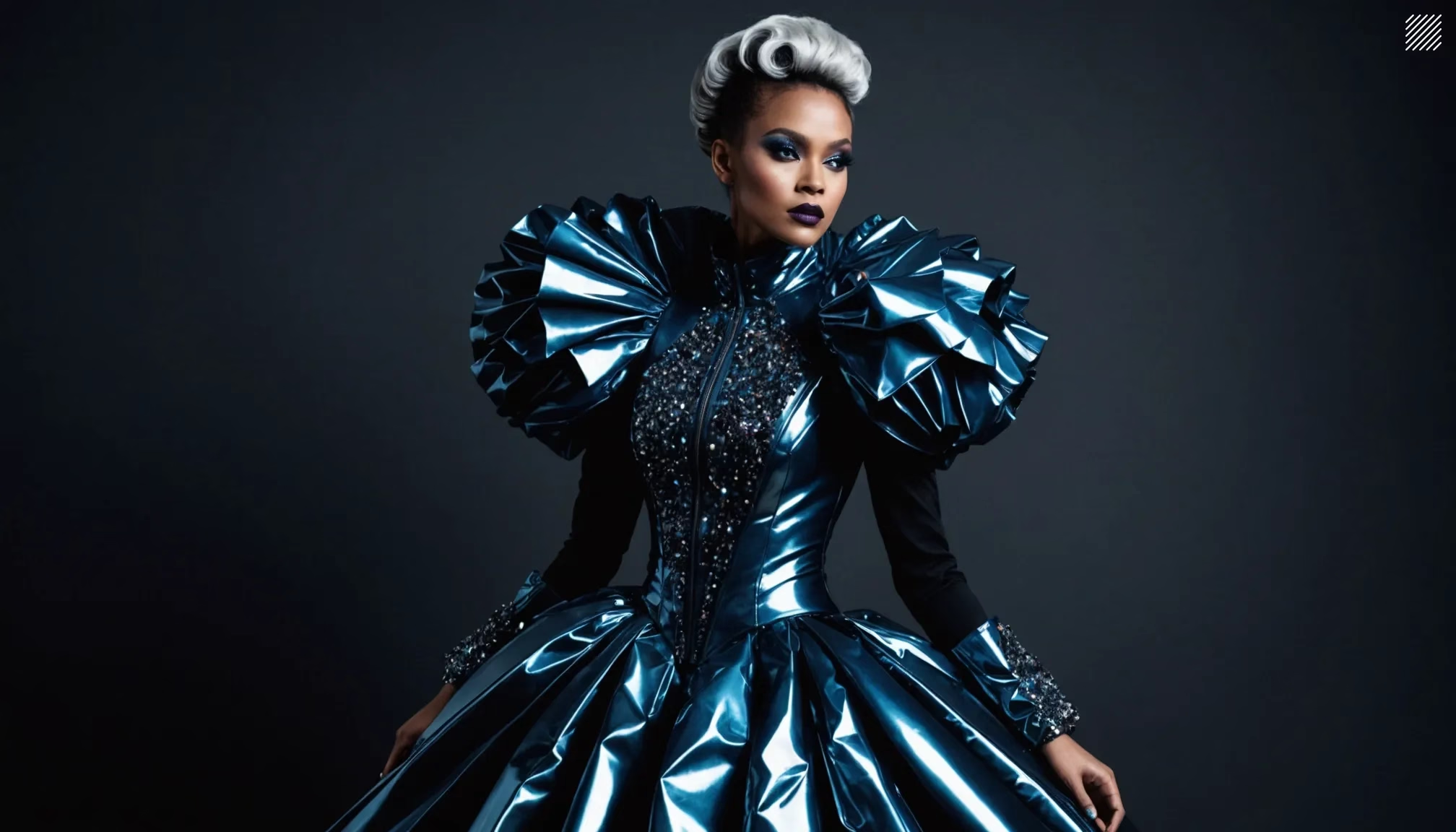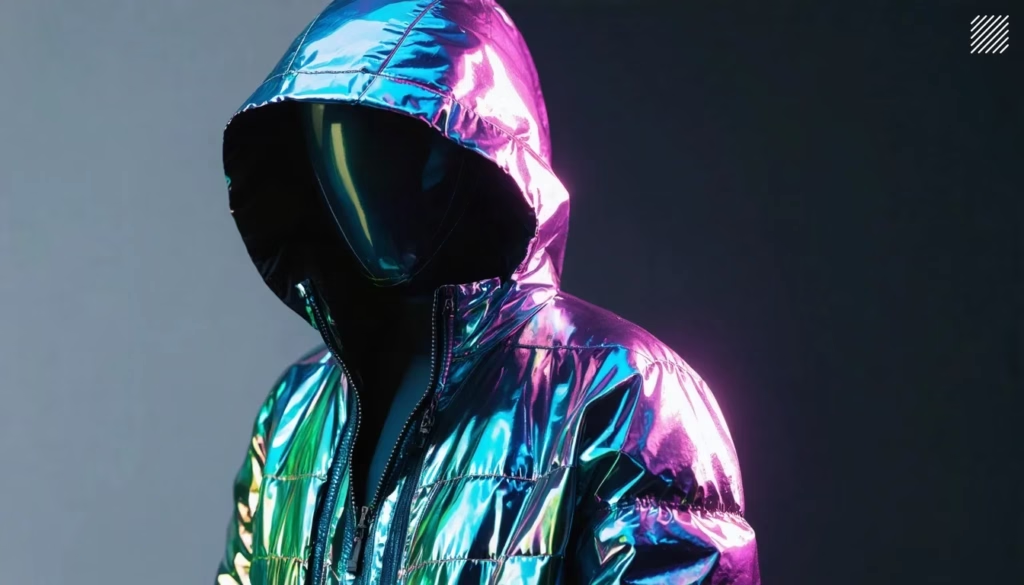
Reinventing Fashion Marketing in the Digital Age
In the ever-evolving world of fashion, the digital landscape has emerged as a transformative force, redefining the way brands connect with and engage their target audiences. As consumer behaviors and expectations continue to shift, fashion marketers are being called upon to embrace innovative digital strategies that amplify their brands, drive meaningful customer relationships, and stay ahead of the curve.
From the strategic deployment of social media platforms to the power of influencer marketing and the rise of data-driven digital advertising, the fashion industry is at the forefront of a digital marketing revolution that is captivating audiences and fueling growth.
Mastering Social Media Strategies for Fashion
Social media has undoubtedly become the cornerstone of digital marketing in the fashion industry, providing brands with unparalleled opportunities to showcase their products, cultivate brand loyalty, and foster authentic connections with their target consumers.
“Social media has completely transformed the way we approach fashion marketing,” explains Emma, the digital marketing director at a leading luxury fashion house. “It’s no longer just about showcasing our latest collections – it’s about building a dynamic, engaging brand narrative that resonates with our audience on a deeper level.”
Leveraging the Visual Storytelling Power of Instagram
At the forefront of fashion’s social media dominance is the ever-popular Instagram platform. With its visually-driven nature and content-sharing capabilities, Instagram has emerged as the quintessential digital canvas for fashion brands to showcase their products, aesthetics, and brand ethos in a captivating, immersive manner.
“Instagram is the perfect medium for fashion brands to tell their stories through visuals,” says Emma. “Whether it’s highlighting the craftsmanship behind our products, sharing behind-the-scenes glimpses of our design process, or showcasing our collections in dynamic, aspirational settings – Instagram allows us to bring our brand to life in a way that resonates with our audience.”
Beyond simply posting product images, fashion brands are also leveraging Instagram’s suite of content formats – from curated Instagram feeds and dynamic Stories to engaging Reels and shoppable posts – to create a multi-layered, cohesive digital presence that keeps their followers captivated and engaged.
“The key to success on Instagram is to think holistically about your content strategy,” explains Emma. “It’s not enough to just post beautiful product shots – you need to craft a diverse, visually-striking mix of content that immerses your audience in the world of your brand.”
Harnessing the Power of Influencer Marketing
Complementing their strategic social media efforts, fashion brands are also increasingly turning to the power of influencer marketing to drive brand awareness, product discovery, and consumer trust.
“Influencer marketing has become an essential pillar of our digital marketing strategy,” says Emma. “By partnering with creators who align with our brand values and resonate with our target audience, we’re able to tap into new pools of potential customers and leverage the authentic, relatable connections that influencers have with their followers.”
From high-profile celebrity endorsements to strategic collaborations with micro-influencers and niche content creators, fashion brands are finding innovative ways to integrate influencer partnerships into their overarching marketing mix. Whether it’s showcasing product features through creative content, driving traffic to e-commerce sites, or generating buzz around new collection launches, influencer marketing has proven to be a powerful tool for fashion brands to reach and engage their audience in a meaningful, authentic way.
“The beauty of influencer marketing in fashion is that it allows us to tap into the trust and credibility that these creators have built with their followers,” explains Emma. “When a fashion influencer that your audience admires and aspires to be like recommends a product or shares their brand experience, it carries so much more weight than a traditional advertisement.”
Building Powerful Online Branding and Storytelling
Beyond the realms of social media and influencer partnerships, fashion brands are also leveraging digital marketing strategies to cultivate powerful online branding and storytelling that captivates their target audiences.
Crafting Immersive, Narrative-Driven Websites
In the digital age, a brand’s website has evolved into a dynamic, multi-faceted platform that serves as the cornerstone of its online presence. Fashion brands are rising to the occasion by crafting immersive, narrative-driven websites that transport visitors into the heart of their brand ethos and product offerings.
“Our website isn’t just a static e-commerce platform – it’s a digital canvas where we can bring our brand story to life,” says Emma. “Through the strategic use of visuals, interactive content, and compelling narratives, we’re able to create an online experience that truly reflects the essence of our fashion label and engages our audience on an emotional level.”
From behind-the-scenes looks at the design process to virtual product showcases and interactive brand experiences, fashion brands are harnessing the power of digital storytelling to forge deep, lasting connections with their target consumers.
Leveraging Content Marketing to Educate and Inspire
In addition to their core e-commerce and branding efforts, fashion brands are also tapping into the potential of content marketing to position themselves as industry thought leaders, educate their audiences, and inspire their customers to explore new style frontiers.
“Content marketing allows us to move beyond just selling products and instead focus on providing value to our customers through meaningful, engaging content,” explains Emma. “Whether it’s sharing trend forecasts, offering styling tips, or delving into the rich history and craftsmanship behind our designs, we’re able to build trust, authority, and brand loyalty in a way that traditional advertising simply can’t match.”
By crafting a diverse range of digital content – from blog posts and video tutorials to podcasts and social media series – fashion brands are able to connect with their audience on a deeper level, positioning themselves as trusted resources and style inspirations.
Data-Driven Digital Advertising for Personalized Campaigns
Alongside their holistic branding and content marketing strategies, fashion brands are also leveraging the power of data-driven digital advertising to deliver highly personalized, targeted campaigns that resonate with their audiences.
“The beauty of digital advertising in fashion is that we can leverage a wealth of customer data and analytics to create hyper-targeted campaigns that speak directly to the unique needs and preferences of our target consumers,” says Emma.
From leveraging behavioral data to serve personalized product recommendations and dynamic retargeting ads, to tapping into the granular audience targeting capabilities of social media platforms, fashion brands are optimizing their digital advertising efforts to maximize returns and deliver a seamless, customized experience for their customers.
Moreover, the rise of advanced attribution modeling and cross-channel measurement tools has enabled fashion marketers to gain deeper insights into the effectiveness of their digital campaigns, allowing them to continuously refine and optimize their strategies for maximum impact.
“Data and analytics are the backbone of our digital advertising efforts,” explains Emma. “By closely tracking the performance of our campaigns and the customer journeys they drive, we’re able to make more informed, strategic decisions about how to allocate our marketing resources and deliver the most value to our audience.”
Ethical Considerations in Fashion’s Digital Marketing Landscape
As the fashion industry continues to embrace the transformative power of digital marketing, it is crucial to address the ethical considerations that come with these innovative strategies. Issues of data privacy, influencer transparency, and the potential for algorithmic bias must be carefully navigated to ensure that the benefits of these digital marketing tactics are realized in a responsible and equitable manner.
Data Privacy and Transparency
The collection and use of customer data is a fundamental aspect of effective digital marketing in fashion. However, fashion brands must prioritize data privacy and transparency to build trust with their audience and uphold their ethical obligations.
“At the heart of our digital marketing strategy is a steadfast commitment to data privacy and responsible data usage,” says Emma. “We have implemented robust data governance frameworks and clear communication to our customers about how their information is being used to enhance their shopping and brand experience.”
Influencer Marketing and Disclosure
The rise of influencer marketing in fashion has also brought forth the need for increased transparency and ethical practices. Fashion brands must ensure that their influencer partnerships adhere to relevant disclosure guidelines and that the creators they collaborate with are upfront about the commercial nature of their content.
“Transparency is critical when it comes to influencer marketing,” explains Emma. “We work closely with our influencer partners to ensure that they are clearly disclosing any sponsored or branded content, in line with industry regulations and best practices. Maintaining trust and authenticity is paramount in this space.”
Addressing Algorithmic Bias in Digital Advertising
Similar to the ethical considerations around data usage, fashion brands must also be mindful of the potential for algorithmic bias within their digital advertising efforts. The algorithms that power targeted ad delivery and personalization can perpetuate societal biases if not properly addressed.
“We’re constantly evaluating our digital advertising strategies for signs of bias, and working to ensure that our campaigns and content are representative of the diverse range of identities, body types, and backgrounds within our target audience,” says Emma.
By prioritizing inclusive design principles, diversifying the data that informs their algorithms, and regularly auditing their digital marketing efforts, fashion brands can help mitigate the risks of algorithmic bias and deliver more equitable, representative experiences for their customers.
The Future of Fashion Marketing: Seamless, Personalized, and Data-Driven
As the fashion industry continues to evolve, the integration of innovative digital marketing strategies is poised to become an increasingly prevalent and transformative force. From the strategic deployment of social media platforms and the power of influencer partnerships to the rise of data-driven digital advertising and immersive online branding, these digital marketing tactics are redefining the way fashion brands connect with and engage their target audiences.
By embracing the power of visual storytelling, authentic influencer collaborations, and hyper-personalized digital experiences, fashion marketers can cultivate deeper, more meaningful relationships with their customers, delivering a level of customization and engagement that was previously unimaginable.
At the same time, it is crucial that the fashion industry addresses the ethical considerations surrounding data privacy, influencer transparency, and algorithmic bias to ensure that the benefits of these digital marketing innovations are realized in a responsible and equitable manner.
As the fashion industry stands at the forefront of this digital marketing revolution, the future holds the promise of an even more seamless, personalized, and data-driven approach to brand-customer engagement – one that seamlessly blends the physical and digital worlds, empowering fashion brands to captivate, inspire, and convert their target audiences like never before.


